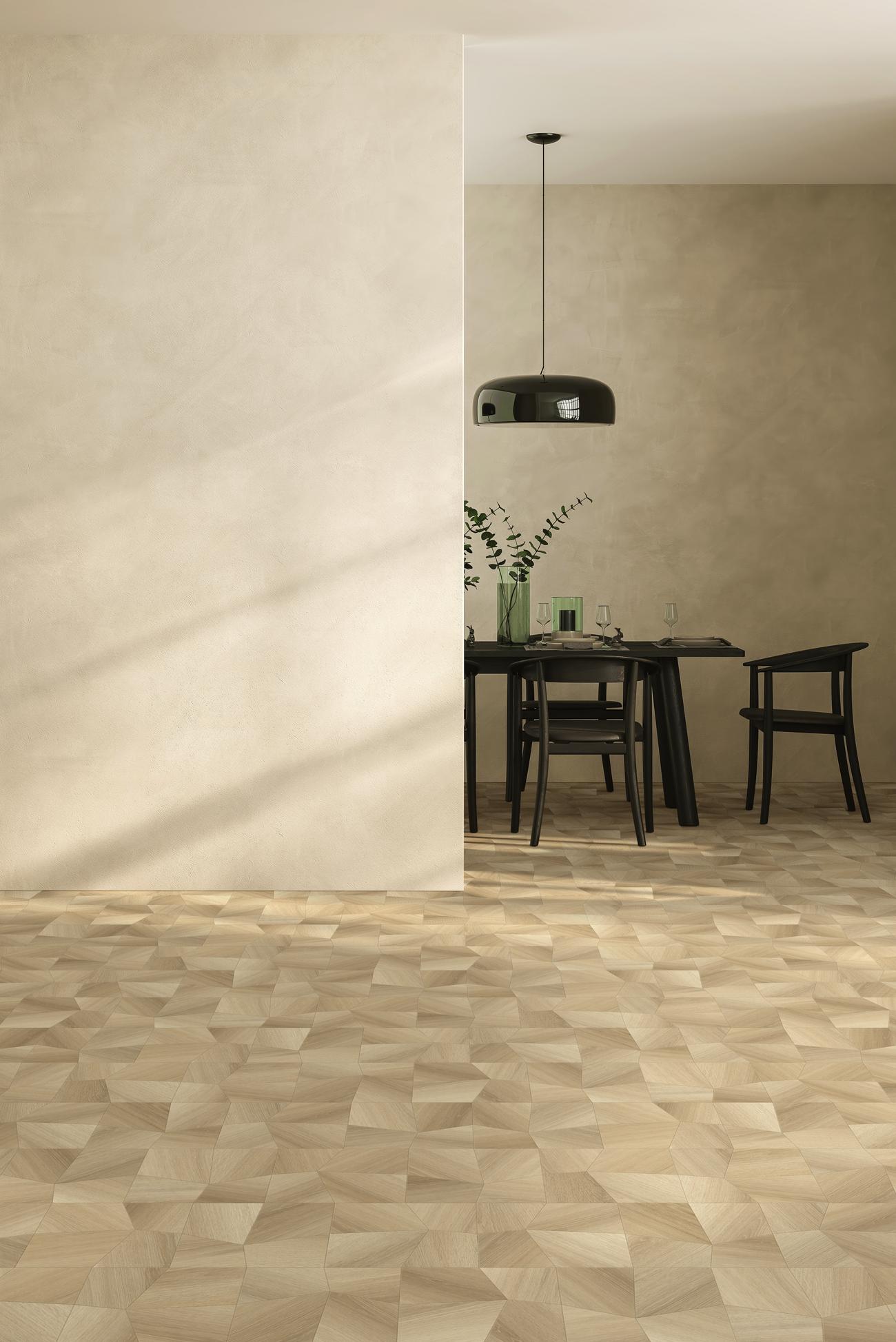
Make your choice
From social housing to retail and from senior living to public spaces, our flooring adapts to your business environment seamlessly. Our diverse range of cushion vinyl flooring is designed to meet your needs.
A beautiful home starts with a beautiful floor. One look is all it takes to fall for our perfect designs, whether you prefer a classic or a resolutely modern design. You will always find a vinyl floor covering that is right for you.


